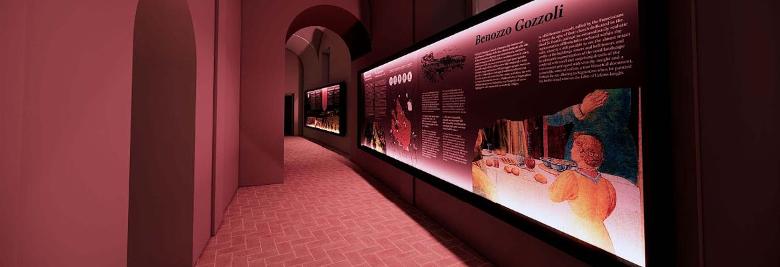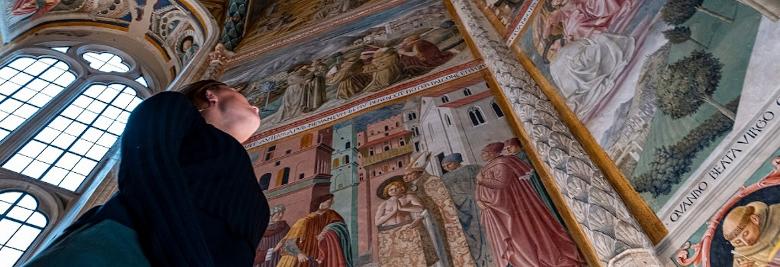Ricotta
Ricotta has a delicate flavour and is particularly common in areas with a strong tradition of raising sheep. Once the milk has been used to make Pecorino, the remaining liquid is heated to 90-92° until flakes of ricotta begin to form.

Ricotta has a delicate flavour and is particularly common in areas with a strong tradition of raising sheep. Once the milk has been used to make Pecorino, the remaining liquid is heated to 90-92° until flakes of ricotta begin to form.

Ricotta
The flakes are then removed and placed into cane baskets which allows the remaining liquid to drain off. There are several types of ricotta - sheep's milk, mixed, pasteurised - and also a range of artisanal varieties made with the addition of herbs, chilli pepper or truffles. Aged ricotta (matured under ash, made with bran or liqueur) can also be found, evoking the ancient flavours and traditions of Umbria.

What do you want to ask me?




